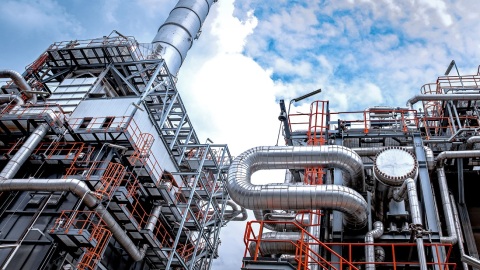
In the industrial sector, there is currently an increasing integration of process water, cooling water and vessel feed water circuits with the goal of achieving integrated industrial water management. This also means that water cycles are becoming smaller. In addition to a reduced dependence on freshwater resources, this integration also results in potentials for the recovery of raw and valuable materials (circular economy). However, this development makes the avoidance or removal of impurities and the handling of concentrates even more complex. In many cases, concentrate treatment and disposal is the limiting factor in an increasingly smaller cycle. It is also becoming clear that the zero liquid discharge approach, which is often favoured in the international arena, is not always effective, but must be seen as an element in integrated industrial water management.
Increasing flexibility and networking of production in the process industry also requires more flexibility and networking in industrial water management. Novel and intelligent monitoring procedures as well as smart components for process monitoring and control must be developed to create an interface between production and water management.
Ongoing joint projects, Funding measure: Water Technologies: Reuse

Completed joint projects, Funding measure WavE: